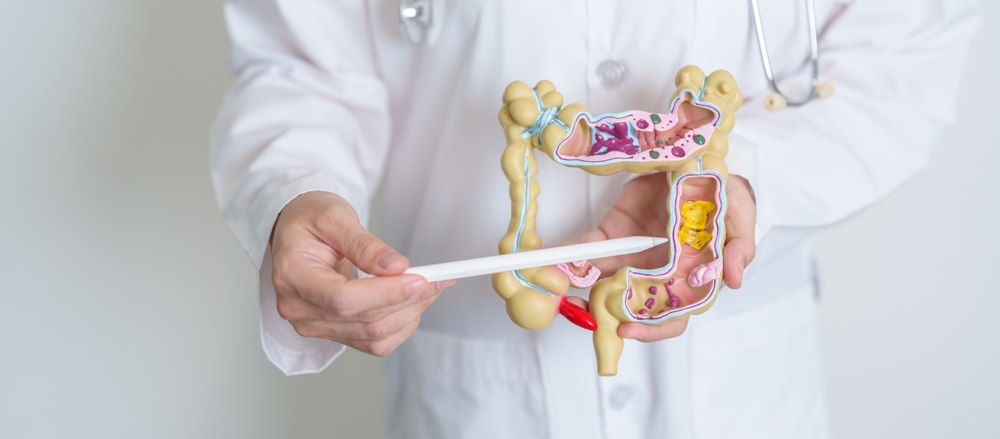Colon cancer, also known as colorectal cancer, is a condition that affects the colon or rectum, part of the digestive system critical for nutrient absorption and waste elimination. While it is one of the most common cancers worldwide, early detection and proactive awareness can significantly impact outcomes. Understanding the possible signals, risk factors, and preventative measures can empower individuals to make informed decisions about their health. Here’s what you need to know about colon cancer’s warning signs and the importance of timely action.
What is Colon Cancer?
Colon cancer arises when abnormal cells in the colon or rectum grow uncontrollably. These growths can form as polyps, some of which have the potential to turn cancerous over time. While many cases develop later in life, especially after age 50, younger individuals are not immune.
Several risk factors may increase the likelihood of developing colon cancer. These include genetic predispositions, inflammatory bowel conditions (such as Crohn’s disease or ulcerative colitis), obesity, smoking, heavy alcohol use, and a diet high in processed or red meats. Understanding these risks is crucial for proactive monitoring.
Early Warning Signals to Watch For
Colon cancer can be elusive in its early stages, often presenting with subtle or no symptoms. However, there are some warning signs that individuals should be mindful of:
1. Changes in Bowel Habits
Persistent diarrhea, constipation, or the sensation of incomplete bowel movements can be indicators. These symptoms may occur due to a tumor obstructing the passage of stool or affecting normal digestive processes.
2. Rectal Bleeding or Blood in Stool
Bright red or dark blood in the stool should not be ignored. While it may be linked to less serious conditions like hemorrhoids, it warrants investigation to rule out colon cancer.
3. Unexplained Weight Loss
Losing weight unexpectedly could be a sign that cancer is affecting the body’s ability to absorb nutrients or causing systemic inflammation.
4. Persistent Fatigue
Cancer-related fatigue may result from blood loss, anemia, or the body’s response to an underlying malignancy.
5. Abdominal Pain or Cramping
Recurring discomfort, bloating, or cramping could point to changes in the digestive tract linked to colon cancer.
While these symptoms are not definitive proof of colon cancer, they highlight the importance of seeking medical advice for proper evaluation.
The Role of Screening and Early Detection
Screening plays a pivotal role in catching colon cancer at an early stage when it is more manageable. Common screening methods include:
- Colonoscopy: This procedure allows doctors to examine the entire colon and remove suspicious polyps.
- Fecal occult blood test (FOBT) or fecal immunochemical test (FIT): These tests detect hidden blood in the stool, which may signal cancer or precancerous conditions.
- CT colonography (virtual colonoscopy): A non-invasive imaging test that creates a detailed view of the colon and rectum.
For individuals with average risk, screening often begins at age 45. However, those with a family history of colon cancer or other risk factors may need to start earlier.
Prevention Strategies to Lower Risk
While no method guarantees cancer prevention, certain lifestyle adjustments may reduce the likelihood of developing colon cancer:
1. Adopt a Nutrient-Rich Diet
Emphasizing fruits, vegetables, whole grains, and lean proteins while limiting processed and red meats can support overall digestive health.
2. Stay Physically Active
Regular exercise may help regulate weight and reduce inflammation, factors associated with colon cancer risk.
3. Limit Alcohol and Avoid Smoking
Moderating alcohol consumption and quitting smoking may lower cancer risk and improve overall health.
4. Maintain a Healthy Weight
Obesity is linked to an increased risk of several cancers, including colon cancer. Achieving and sustaining a healthy weight is a protective measure.
5. Be Proactive with Healthcare
Discussing personal risk factors with a healthcare provider and adhering to screening recommendations can lead to earlier detection and better outcomes.
The Psychological Impact and Importance of Support
Receiving a cancer diagnosis can be emotionally overwhelming. Anxiety, fear, and uncertainty often accompany the physical challenges. For those navigating colon cancer, a strong support network, including friends, family, and healthcare professionals, can make a significant difference.
Therapeutic options like counseling or joining support groups tailored to cancer patients may provide emotional relief and coping mechanisms. It’s vital to remember that no one has to face the journey alone.
Empowerment Through Awareness
Colon cancer is a serious health condition, but with awareness, proactive screening, and lifestyle adjustments, its risks can often be mitigated. Paying attention to the body’s signals, consulting medical professionals when concerns arise, and embracing preventative habits can make all the difference.
While medical advances continue to improve outcomes for those diagnosed with colon cancer, the importance of early detection cannot be overstated. By staying informed and vigilant, individuals can take meaningful steps toward safeguarding their health and well-being.
